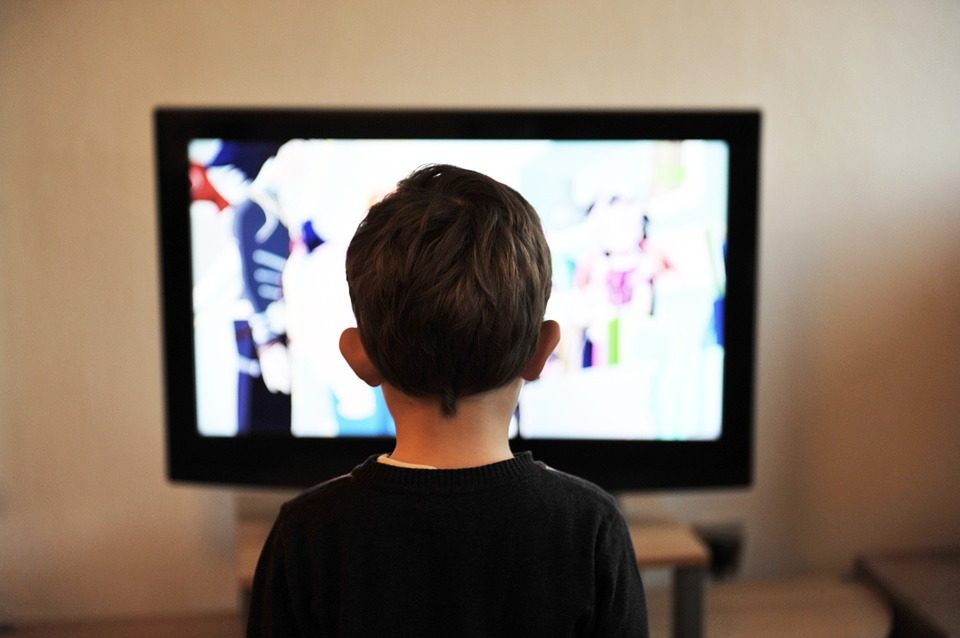
25 Trends in Publishing: Contemporary Romance
December 19, 2018
25 Trends in Publishing: Crime Fiction
January 2, 2019About the column: A handful of agents and interns who work with Cyle have learned the latest and (sometimes so, sometimes not so) greatest trends in publishing right now. Tune in each week to find out what’s trending, ranging from ABA to CBA, children’s to adult. The authors of these columns have included social media tags at the end to keep up with trends they are finding. They can also be found here.
 Trend #20 of 25: #OwnVoices
Trend #20 of 25: #OwnVoices
Contributor: Hope Bolinger
Marginalized readers want marginalized authors to write their stories. #OwnVoices (term created by Corinne Duyvis) a movement to bring the voices of minorities into fiction, has taken the publishing industry by storm.
What all falls under the umbrella of #OwnVoices?
#OwnVoices can range from marginalized groups ranging from race to sexuality to mental health. If it would fit in a marginalized category not often covered in books or other media, it would fit into #OwnVoices.
Although publishing has made a push for all authors to include more diverse characters, sometimes those in the majority group have made lapses of judgment when it came to depicting members of minority groups. Controversies of books misrepresenting, appropriating, or presenting a white savior complex have grown more frequent in 2018. Hence, the need for #OwnVoices has arisen. People desire to have the struggles they endure on a daily basis to be documented by someone who understands.
Putting it on a personal level
On a personal level, I struggle with high functioning depression and anxiety. (See all Hope’s Hacks for ways I try to combat it in my writing). Although the number of those who struggle with these issues increases by the day, many people do not understand what all these mental health issues entail. Sometimes authors will use anxiety or depression as a way to make a character flawed. Or as a tool to up the drama of a climax scene. But I find the author does not often even know many details about depression beyond “sadness.” Or much beyond the “worry” that accompanies anxiety.
If given a choice between two books that feature a clinically depressed character, I would choose the one with an #OwnVoices author. Not because the other author can’t write. But because the #OwnVoices author knows my struggle. She’s been through the trenches before. And she can help get me out of one.
If your work doesn’t fit into #OwnVoices, don’t fret. Your story still has something wonderful to say. Just make sure if you do have characters of marginalized groups to portray them honestly. Do as much research as possible beforehand, and interview members of that community.
Hope Bolinger works as a literary agent at C.Y.L.E. IlluminateYA contracted her YA novel Den while she still attended college (to be released June 3, 2019).
More than 250 of her works have been featured in various publications. She has received various writing awards from being a finalist in the Jerry B. Jenkins short story contest to her one-act earning second place in the Searchlight Playwriting Contest. She has served in various publishing capacities from working at newspapers, magazines, and publishing houses.
She can be found at hopebolinger.com.






2 Comments
Great post. I agree–authors must be careful when portraying characters with ‘different abilities,’ especially if they don’t know the situation first hand. Research and interviews go along way, as well as having a ‘first hand’ person read their manuscript and provide feedback. I also think sometimes authors are afraid to write ‘what they don’t know.’ But if God places it on our hearts to wrote on a certain topic, we need to do so, whether we are comfortable or not. It just requires what all writers should do anyway…research, interview, and reach out for critique!
Keep up the great work, Hope!
Absolutely! Great points, Wendy! We absolutely should write what God places on our hearts to write.